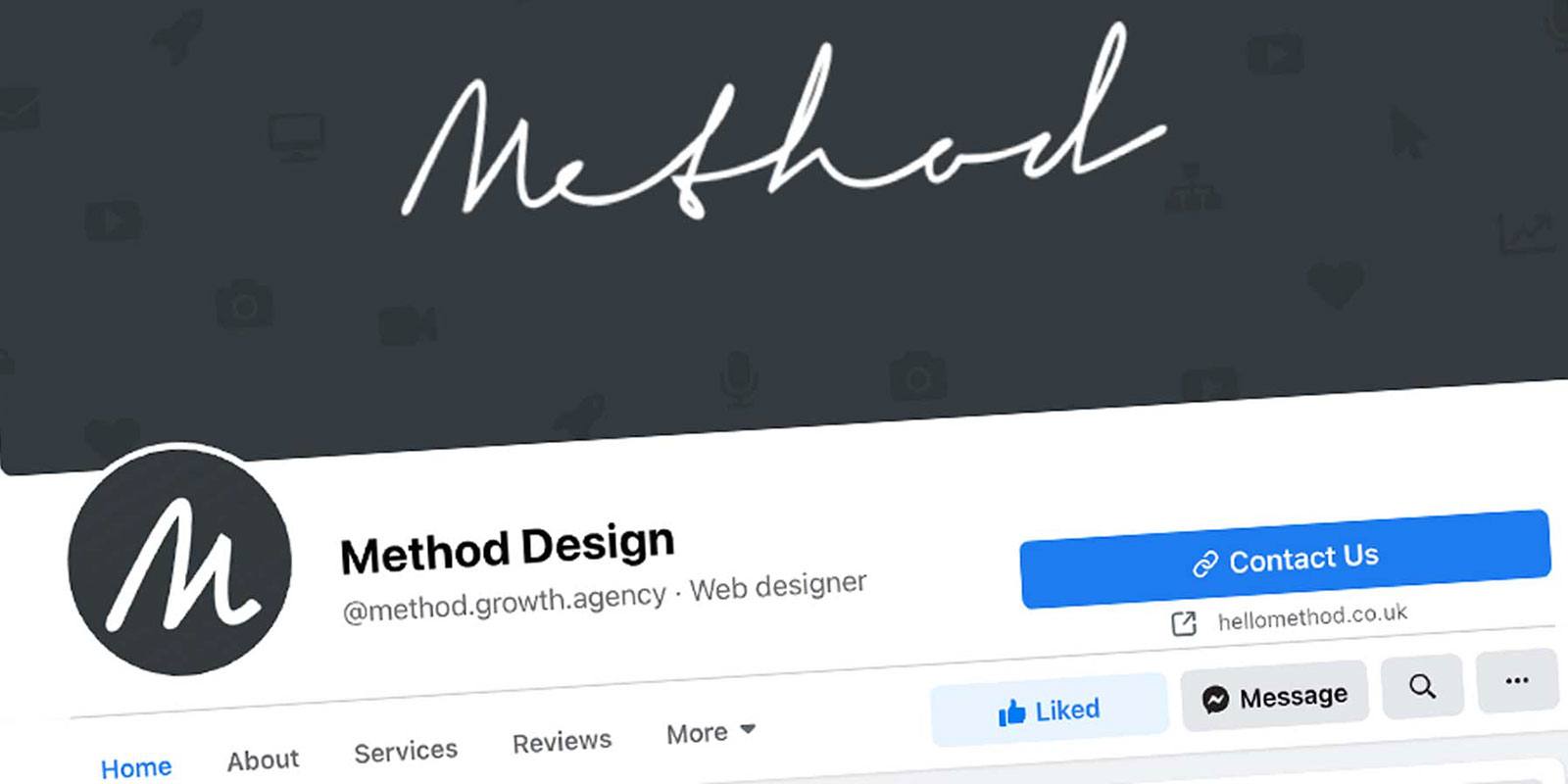Not got time to read? Listen instead with our audio version
As it stands, most of the world is using Android.
Apple vs Android is a hot topic, if we were going to judge this solely on usage alone, the stats speak largely for Android.
Africa, Latin America, and Asian populations are Android-heavy. This leaves the smartphone market leaning in a very Android-centric direction. It sits in a clear first place holding 70.69% of the market share, and this is largely due to its broad spectrum of choice to suit multiple budgets.
Whereas Apple sits on the sidelines as a premium brand with its continuous product lines which are always under the same name.
We all have a personal preference when it comes to our own devices, but what about business?
Is one really better than the other?
Does it matter?
Choosing devices and systems for your business is kind of a big deal. It's like selecting the right toolbox with the correct tools for the job.
It has a knock-on effect. Not only will your devices affect your day-to-day, but your marketing, productivity, and your whole operation.
The Apple vs Android debate seems to create a bit of a rift in the tech world. But whether or not it suits your business is really dependent on the size and scale of what you're doing.
Things to consider when choosing...
While it doesn't have to be a 'one or the other' situation, when choosing a device you might want to consider...
- User interfaces and ease of use
- Security (especially when handling customer data)
- Investment in the Apple world or the Google world
- Cost/investment ratio
- Hardware
- Compatibility and integration with other devices
The cult of Apple
Apple market themselves as a sleek, modern tech company selling premium smartphones, with their iOS, that were incredibly simple to use with other Apple devices.
Apple have become their own lifestyle brand. Their product collections offer integration so seamless that the iPhone and Mac glue together like old school friends.
There's not a clunky transition in sight between Apple devices, with Wifi-free file sharing (Airdrop) and automatic back ups to iCloud.
Apple: A creative's toy box
Apple is ideal for businesses focused on creative work like design and videography, thanks to its high-quality rendering capabilities and sleek design suites.
If you're a digital creative, Apple can be your best friend.
With aesthetically pleasing layouts and retina display popping colours, Apple's design suites offer super high quality. It's interface is sleek, fluid, and smooth.
So what are the pros and cons of Apple?
Apple: The pros
- Seamless integration with Apple devices
- Apps are polished and tend to have a more rigid review process
- Able to handle large files
- Creates high quality visual products
- High level of security (this is especially good for dealing with customer data in your CRM)
Apple: The cons
- Apple comes with a higher price tag, which could be a mammoth investment for a small business
- Could be clunky to integrate with non-Apple devices, which can be restrictive
Apple's quality comes at a price
It's no secret that Apple's products are great quality, but come at a cost. And it's true, they offer seamless integration between apps, but it favours other Apple devices first.
If you're a new business choosing a system, this could be quite a chunk out of your budget. Big team? Kitting out your office with premium Apple products is costly.
So the gist? Purchase Apple if it's really worth it for the nature of your business, and if the ROI is high and fast.
Windows tends to make more accessible software
Android: Highly customisable systems
If efficiency and productivity is your goal, then Android is your go-to.
It's apps undergo a rigorous review process, ensuring high security which is really important if you're handing customer data.
Android, integrated with Google Workspace, boosts productivity, especially for businesses already using Google's ecosystem.
Android + Google? It's a match
If you use Google workspace, then Android is going to do bits for your productivity.
For businesses under the wings of Google Workspace, Android gives the best possible integration. So if you're navigating Google Drive, Google Calendar, and Google Docs, Android's devices offer native integration.
Android: The pros
- Automatic merging of emails, files and schedules
- Automatic syncing with Google accounts, meaning all data, contacts, and emails are available across devices instantly
- Access to Google Assistant - a powerful tool for scheduling, reminders, and managing daily tasks
- More affordable and available for a high spectrum of budgets
- More customisable
Android: The cons
- There isn't the same 'seamless' touch that Apple has across devices from different brands (e.g., a Samsung phone won't work as seamlessly with a Google Pixel tablet or a Wear OS smartwatch)
- App review process isn't as tight as Apple's, meaning some third-party apps can be clunky or fragmented
- Lower RAM on devices means lower budget Android devices have lower performance
- Android's interface differs depending on the brand of device, making interfaces inconsistent
The nature of your business
When choosing between Android and Apple for business, it's all about considering the nature of your business.
Different devices have different strengths which optimise parts of your business to make your product shine.
The general gist? Apple tends to produce sleek interfaces that are all about premium quality, whereas Android are about customisation and functionality.
Apple is better for creative, hands-on products, whereas Android/Google systems are better for functioning and organising your product.
So a small videography company would be kitted out with premium Apple design suites, whereas small business operating field work might use rugged Android devices because they're not there to make everything pretty, but get the job done.
But what about marketing?
When it comes to marketing, you might find a healthy balance of the two will tick all the boxes.
Apple can help you look your best, where Android helps you function best.
Using Android for sales and marketing would suit the organisational needs of client management, where you might create polished photo and video content with the use of Apple's design suites.
Consider the cost vs investment. Apple products are premium and come at a higher cost, which might impact the budget of new businesses, whereas Android devices are generally more affordable, making them accessible for a wider range of businesses.
So using a balance of the two in your marketing could generate a really impactful marketing campaign.
What about your CRM?
Your CRM doesn't really care either way, as CRM software which easily integrates pretty much anywhere.
Most major CRM systems are adaptable to either Apple or Android.
Both systems offer robust CRM integration, so your decision should align with your business goals and operational requirements.
Ultimately, the choice between Android and Apple depends on your business needs, budget, and the platforms your employees are comfortable with.
But essentially, it's about looking at your budget, and seeing what features it can offer you that will suit your workflow and make your product shine.
So, which camp are you in?




